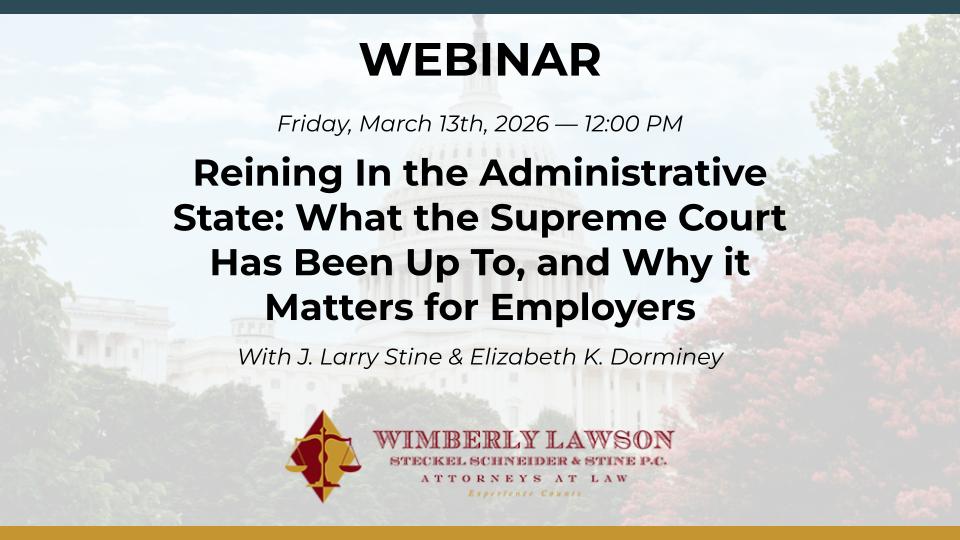Businesses Providing Expressive or Artistic Services Not Required to Provide Such Services to Same-sex Customers
Supreme Court Says Forcing Expressive Designs That Communicate Messages Violates the First Amendment
In a case in which a website designer refused to make wedding websites for LGBTQ couples, the Supreme Court's 6-3 majority ruled that the First Amendment bars the government from forcing the designer to create expressive designs that communicate messages she disagrees with. 303 Creative LLC v. Aubrey Elenis, Case No. 21-476 (June 30, 2023).
Writing for the majority, Justice Gorsuch stated: "In this case, Colorado seeks to force an individual to speak in ways that align with its views but defy her conscience about a matter of major significance." The state had argued that it wasn't trying to regulate the web designer's speech, but only to regulate her conduct of denying services to same-sex couples that are otherwise available to the public, under the non-discrimination public accommodation concept. The Court rejected this view on the grounds that the state was attempting to use its anti-discrimination law "to compel an individual to create speech she does not believe." The case is reminiscent of a 2018 Supreme Court ruling where the Court found in favor of a Christian baker that had refused to make custom wedding cakes for same-sex couples, but the earlier ruling was on narrower grounds than the free speech Constitutional question.
The Court further indicated that it is unconstitutional for the state to eliminate from the public square ideas that it dislikes, including the belief that marriage is the union of husband and wife.
Editor's Note: To some extent, the case turns on the issue of whether in the concept of regulating conduct, the government can force a person to engage in certain type speech. One wonders whether this concept may play a role in the current litigation over the so-called "captive audience" issue. The National Labor Relations Board (NLRB) General Counsel wants to prohibit mandatory employer meetings in which a presentation is given discouraging unionization. The NLRB General Counsel contends that it is not regulating the employer's speech, only its conduct in requiring employees to hear such speech. Sometimes cases like this have broad ramifications beyond the factual context in which the precedent-setting case arose.
This article is part of our August 2023 Newsletter.
View newsletter online
Download the newsletter as a PDF
Related Content
Get Email Updates

Reining In the Administrative State: What the Supreme Court Has Been Up To, and Why it Matters for Employers

TPS Update (as of 2/6/2026)

Job Interviews Can Be a Good Selection Device

Suggestions on How to Diffuse a Tense Situation

Employers Blame Unions for Recent Shutdowns



